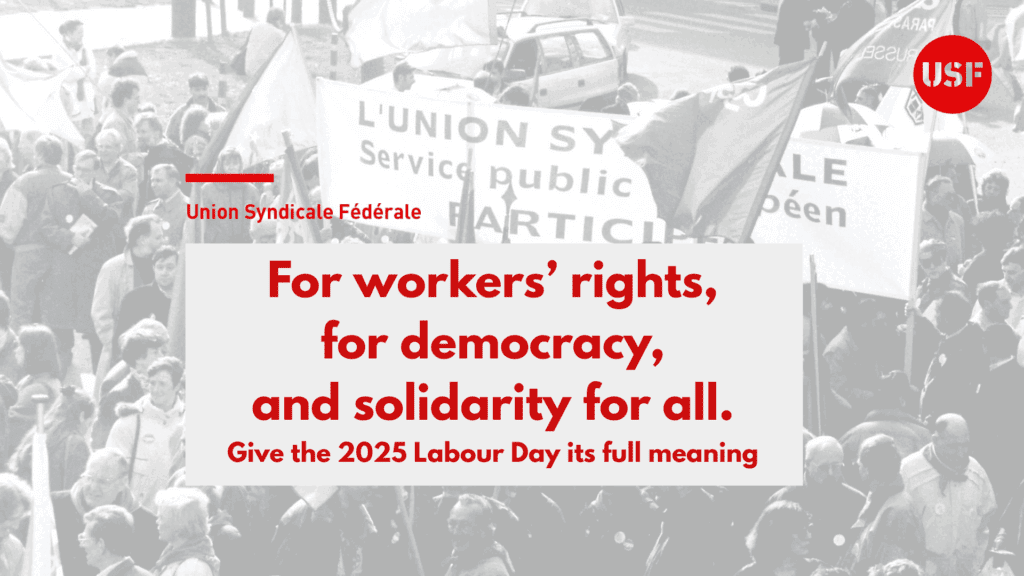“Stronger public services through remunicipalisation”, a book that is a timely tool as we examine the impact of the past 40 years of deconstructing the state, the collective, and our public services and how we must rebuild society. Taking services back in public hands is a fundamental repudiation of neoliberal policies, and a way to reclaim our collective future.
The book tracks more than 1,400 successful cases of bringing public services back from private ownership and/or management. These involve 2,400 cities in 58 countries. Remunicipalisations have increased 67 percent compared to three years ago and involve 800 more municipalities across 58 countries. This may be just the tip of the iceberg as private-to-public transfers, mostly at local level, typically go unreported in the news. A 2017 TNI publication identified 835 cases in 1,600 municipalities in 45 countries.
The remunicipalisation trend shows pragmatic and political responses by local governments needing to provide universal access to reliable quality services such as clean water, energy, education, health care, social services, housing, public spaces, and more. It is also a growing social movement focusing on community-level action, building alliances and developing collective solutions with authorities, residents, workers and other actors to tackle people’s immediate needs. The book presents cases of workers and trade unions bringing their skills and expertise, together with community activists and elected officials to find new ways to build public services that are accessible, accountable and strengthen communities.
Remunicipalisation for a fairer post Covid-19 world order
The pandemic magnifies the social inequalities brought on by decades of privatisation, structural adjustment, austerity, tax avoidance and excessive corporate control. It shows that market dynamics should not determine social priorities and public services, which need to meet the primary objectives of delivering universal access and keeping everyone alive and safe.
Privatised services are particularly unfit to deliver equity and are less effective and resilient in times of crisis for users and workers alike. In Ireland, Spain, Italy and Switzerland, governments have temporarily taken control of private hospitals and clinics, and some countries have requisitioned manufacturing facilities to change production lines to produce needed health material.
In Italy, “while public crèche and social services staff continued to receive full salary and could access training during lockdown, those employed by private providers lost their income completely and had to apply for unemployment benefits, enduring significant economic hardship on top of their comparatively lower salaries and conditions” says Alessandro Purificato, Head of Local Government at CGIL Public Service Union Federation.
In the UK “it has proved challenging to implement social distancing and health and safety in areas such as privatised waste collection and disposal” says Jon Richards, head of Local Government at UK public service union UNISON. “Private sector employers are ignoring social distancing by forcing workers to sit shoulder to shoulder in refuse lorries without protective equipment. Unlike good local government employers they won’t spend money on providing extra additional vehicles that carry loading staff safely behind the main lorry, keeping the loading staff safe and leaving space in the refuse lorry cab for the driver ” he added.
As the world prepares for a post-Covid-19 order, there is a unique opportunity to reclaim a central role for substantial investment and rebuilding of quality public services for all, and remunicipalisation is a legitimate option for governments to do so. Progressive forces and civil society actors can confidently promote this approach as market actors and neoliberal forces will use the crisis to grab more lucrative public contracts. This book provides case studies to demonstrate the feasibility of reclaiming public services’ ownership and control in the common interest.
Want to have a look at the book “Stronger public services through remunicipalisation : building a resilient post-Covid-19 world”, you can find it here.




